Lower the pH of my garden soil
crabbygardener
10 years ago
Related Stories

GARDENING GUIDESGrow a Beautiful Garden in Alkaline Soil
Got alkaline soil? Learn how to manage it and the many beautiful plants that will thrive in this ‘sweet’ soil
Full Story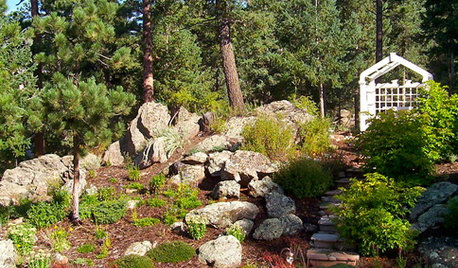
GARDENING GUIDESHave Acidic Soil in Your Yard? Learn to Love Gardening Anyway
Look to acid-loving plants, like conifers and rhododendrons, to help your low-pH garden thrive
Full Story
GARDENING GUIDESGet the Dirt on Your Garden’s Soil
Understand how your soil supports your plants so you can ensure your garden’s success
Full Story
GARDENING GUIDESHow to Stop Worrying and Start Loving Clay Soil
Clay has many more benefits than you might imagine
Full Story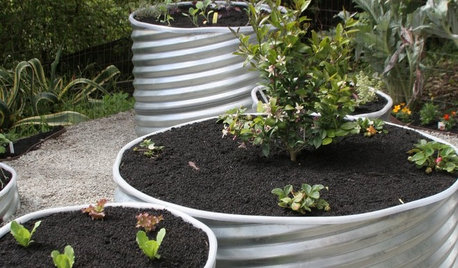
CONTAINER GARDENSContainer Gardening Basics: The Dirt on Soil
Learn the types of potting soil available and the best mixes to help your containers thrive
Full Story
GARDENING GUIDESGardening Solutions for Heavy Clay Soils
What’s a gardener to do with soil that’s easily compacted and has poor drainage? Find out here
Full Story
FARM YOUR YARDHow to Get Good Soil for Your Edible Garden
The nutrients in your soil feed the plants that feed you. Here are tips on getting it right — just in time for planting season
Full Story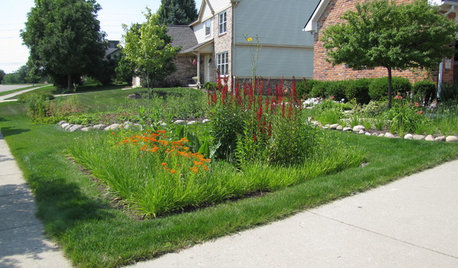
LANDSCAPE DESIGNHow to Shape a Rain Garden and Create the Right Soil for It
Learn how to grade, lay out and amend the soil in your rain garden to support your plants
Full Story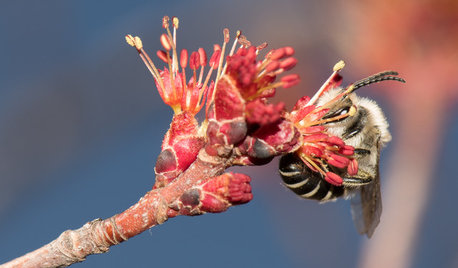
GARDENING GUIDESInvite Cellophane Bees to Your Garden by Providing Patches of Bare Soil
Look for cellophane bees (Colletes) pollinating flowering trees and shrubs in U.S. gardens this spring
Full Story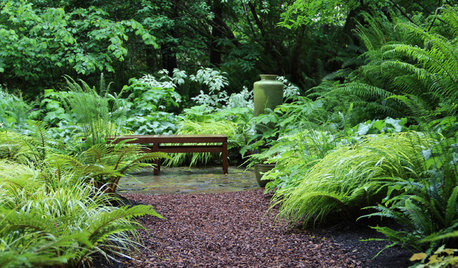
GARDENING GUIDES10 Solutions for Soggy Soil
If a too-wet garden is raining on your parade, try these water-loving plants and other ideas for handling all of that H2O
Full StoryMore Discussions







Slimy_Okra
digdirt2
Related Professionals
Beachwood Landscape Architects & Landscape Designers · Panama City Landscape Architects & Landscape Designers · Richmond Heights Landscape Architects & Landscape Designers · Willowick Landscape Architects & Landscape Designers · Biloxi Landscape Contractors · Coeur d'Alene Landscape Contractors · Downey Landscape Contractors · Ellensburg Landscape Contractors · Farmington Landscape Contractors · Holland Landscape Contractors · Long Branch Landscape Contractors · Salem Landscape Contractors · Sun Valley Landscape Contractors · Grand Rapids Driveway Installation & Maintenance · Lakewood Driveway Installation & Maintenanceseysonn
tishtoshnm Zone 6/NM
digdirt2
macky77
Slimy_Okra
daninthedirt (USDA 9a, HZ9, CentTX, Sunset z30, Cfa)
macky77
Slimy_Okra
crabbygardenerOriginal Author
balloonflower